How to Knit Cables for Beginners
Learning how to knit cables has been one of the highlights of my knitting experience. Cables are a detail that look complicated but when broken down into bite sized pieces are not only manageable, but downright fun.
My latest bunny is wearing a gorgeous ruby colored cable knit sweater designed by Julie Williams of Little Cotton Rabbits. I think there’s something incredibly charming about a toy wearing clothing that I would love to own myself. The rich color and the intricate details create a look that is sophisticated and adorable all at the same time. Who says you can’t be classy AND cute?

What are Cables?
The term cable is used to describe a type of textured, traveling stitch pattern that is formed by crossing stitches from one position to another and knitting stitches out of order.
Vogue® Knitting The Ultimate Knitting Book: Completely Revised & Updated
Cables are stitches that have moved position. Imagine crossing your fingers…that is what happens when we knit cables. The only difference between those stitches and your fingers is that we need a special tool in order to cross them. Well…that’s not the only difference…our fingers aren’t yarn for one thing… oh never mind, let’s get back to the task at hand. (No pun intended, but I love it anyway.)
Why Knit Cables?

While reading Vogue® Knitting The Ultimate Knitting Book, which I do for fun, I discovered the history of cable knitting. Honestly, I thought the technique was much older but it can be traced back to the nineteenth century. They were originally knit for fisherman who worked in the cold North Atlantic and were 100% wool.
I love that although they wore the cable knit sweaters for warmth the cabling was for pure beauty. They serve no functional purpose. The fishermen’s wives would knit them while their husbands were away at sea. Isn’t that the most romantic image?
Simple Beauty

Another reason I absolutely adore cables is that they look super complicated, but aren’t at all! While it does take focus to follow a complicated cable pattern repeat, the basics of creating a cable are very simple.
I also love that this is a project to let your own work shine. There are so many projects out there that highlight the yarn, whether its faux fur or self-striping. Those yarns get all the glory, but when you knit cables, you’re the star my dear.
Tools
You only need a handful of tools to be able to knit cables and chances are you already have a few if you are a knitter. Now don’t feel any pressure to purchase things that you already have. If you have yarn you love, use it. If you have the correct knitting needles, use them. But make sure you have a cable stitch holder, they are extremely inexpensive and you’ll need at least one. I am offering my suggestions for those that are looking for something new or need to add to their toolkit.

Yarn
This is literally THE most important consideration when beginning to knit cables. Make sure to choose a yarn that is designed for clear stitch definition. You will want a yarn that is either smooth or has a slight halo. I would avoid using yarn that is highly textured or that has fringe or fur. There’s nothing more frustrating than spending a great deal of time knitting gorgeous cables only to find that the details are competing with a highly textured fabric.
In my humble opinion a solid color is the best option because it allows the cables to be the star of the show. A lighter solid color will allow the cables to really stand out instead of getting lost in a rainbow of fighting pigments.
When I knit cables my favorite yarn is Debbie Bliss Baby Cashmerino, which is a wool, acrylic and cashmere blend. It’s not only a gorgeous yarn but it is so incredibly soft to the touch.
Knitting Needles
Choosing the correct needles will depend on your project and your yarn weight. You don’t need special knitting needles to knit cables. My personal favorite are the Addi Turbo Circular Needles. They feel wonderful in my hands as well as allow me to knit quickly and swiftly.

Cable Needles
There are two types of cable needles, short double pointed needles or hook-shaped. I have only used the hook-shaped variety and have found them to be a fine tool. They are smaller than my working needles and have a latch to keep them stitches in place if needed.
You can find each kind here:
Susan Bates Yarn Essentials Kit – this little kit comes with both types of cable stitch holders and includes stitch holders plus other knitting tools.

This post contains affiliates links and at no cost to you I may earn a teeny tiny commission if you choose to purchase them. Please know that I only recommend products I use and love! Thank you for supporting Le Petit Saint Crochet!
Techniques
The only two stitches you need to know are knit and purl. If you can do those then you can knit cables. Typically cables are knit stitches that sit on a background of purl stitches on either side.
There are many different types of cables but I am going to be demonstrating the Back Right Cable. Most patterns featuring cables will likely include how to make their particular version. But once you know the basic construction you will have no troubles at all.
Please check out the above video to see exactly how I knit cables!
- First cast on 18 stitches (I used the cable cast on, but use whatever cast on method you like)
- Row 1 – purl all 18 stitches
- Row 2 – purl 6 stitches, slip the next 3 stitches onto a cable stitch holder and hold in the back of the work, knit the next 3 stitches from the left hand needles, bring cable needle forward and knit the 3 stitches
- Row 3 – knit 6, purl 6, knit 6
- Row 4 – purl 6, knit 6, purl 6
- Row 5 – knit 6, purl 6, knit 6
- Repeat rows 2 – 5 twice for a total of 13 rows
- Cast off in purl

Troubleshooting
Eliminate Distractions
Distraction is the enemy of knitting cables, ask me how I know. Eliminating all unnecessary distractions will help you to avoid making mistakes. I made the fatal error of watching TV while attempting this gorgeous sweater the first time and ended up needing to rip it all out, twice. Yep, you read that right, twice. I was despondent and even may have cried a little.
X Marks the Spot
I have found that using some type of marker helps me know exactly where in the pattern I should be. Using a little sticky note right underneath the directions for each row keeps me straight and narrow. I also will lightly check each set of directions as I complete them to help me know what my next stitch should be.
Knit Cables like its 1999
Hopefully you found this tutorial somewhat helpful. I always aim to be of value to my readers in some small way. Truly I believe that knitting and crocheting are so much more than just simple hobbies. I believe they connect us to our core, the part of us that needs to feel creative. More on that later. I would love to hear from you, what types of projects do you enjoy?
Pin for Later!



![A Girl’s Best Friend Hand-Knit Shawl Review [+Tips & Tricks]](https://eliserosecrochet.com/wp-content/uploads/2020/10/hand-knit-shawl-tips-tricks.png)
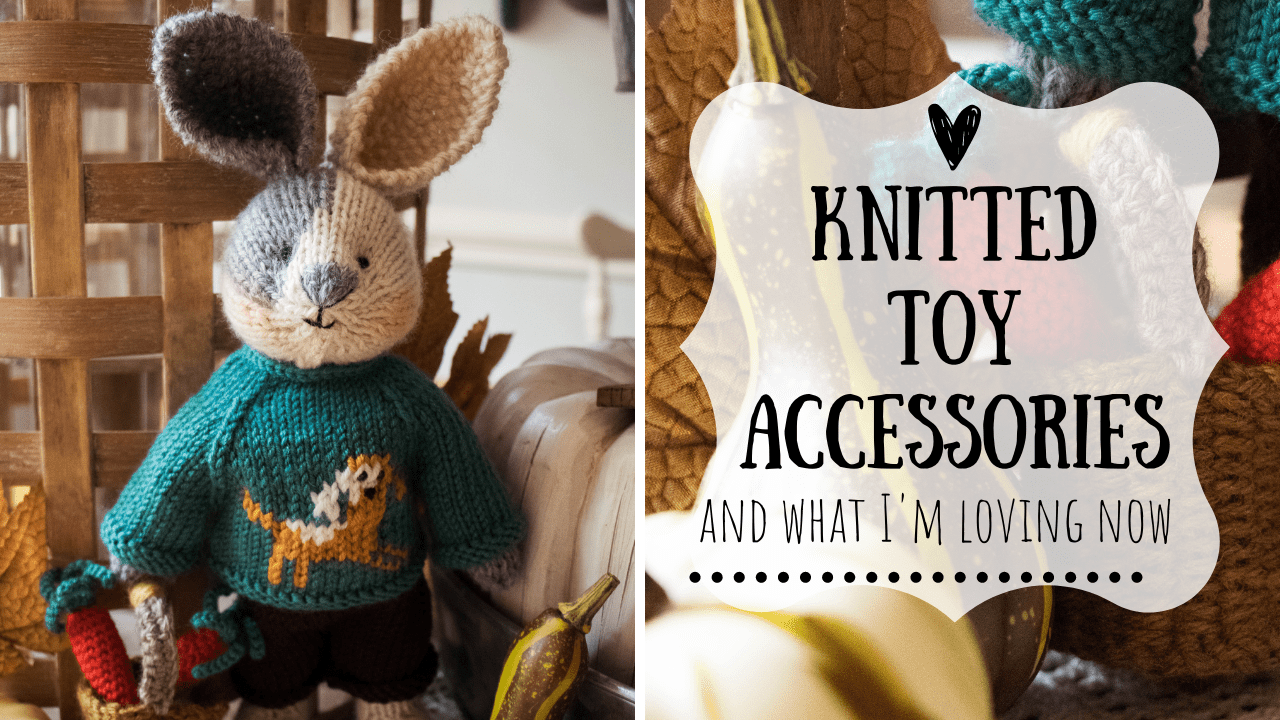
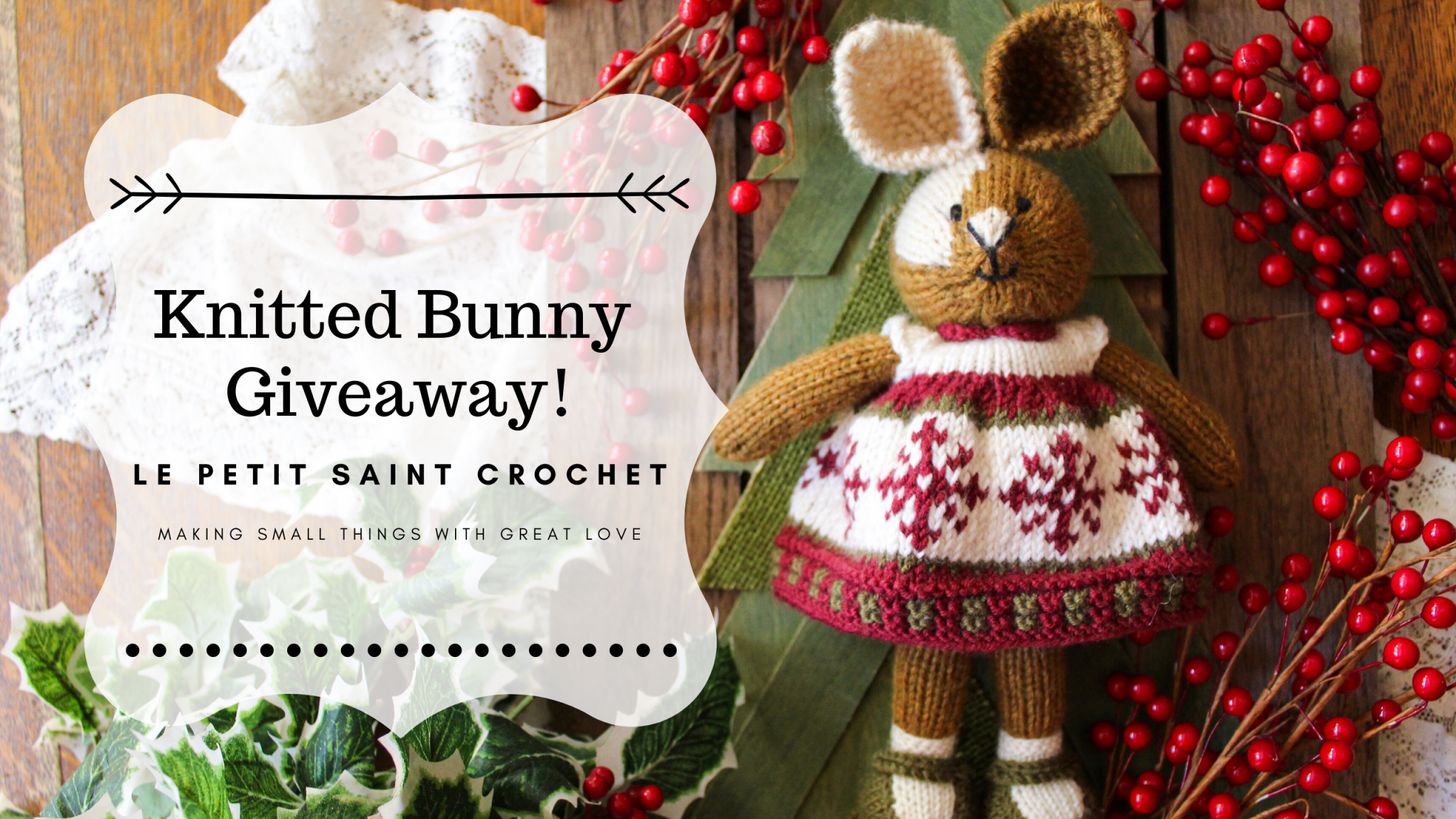
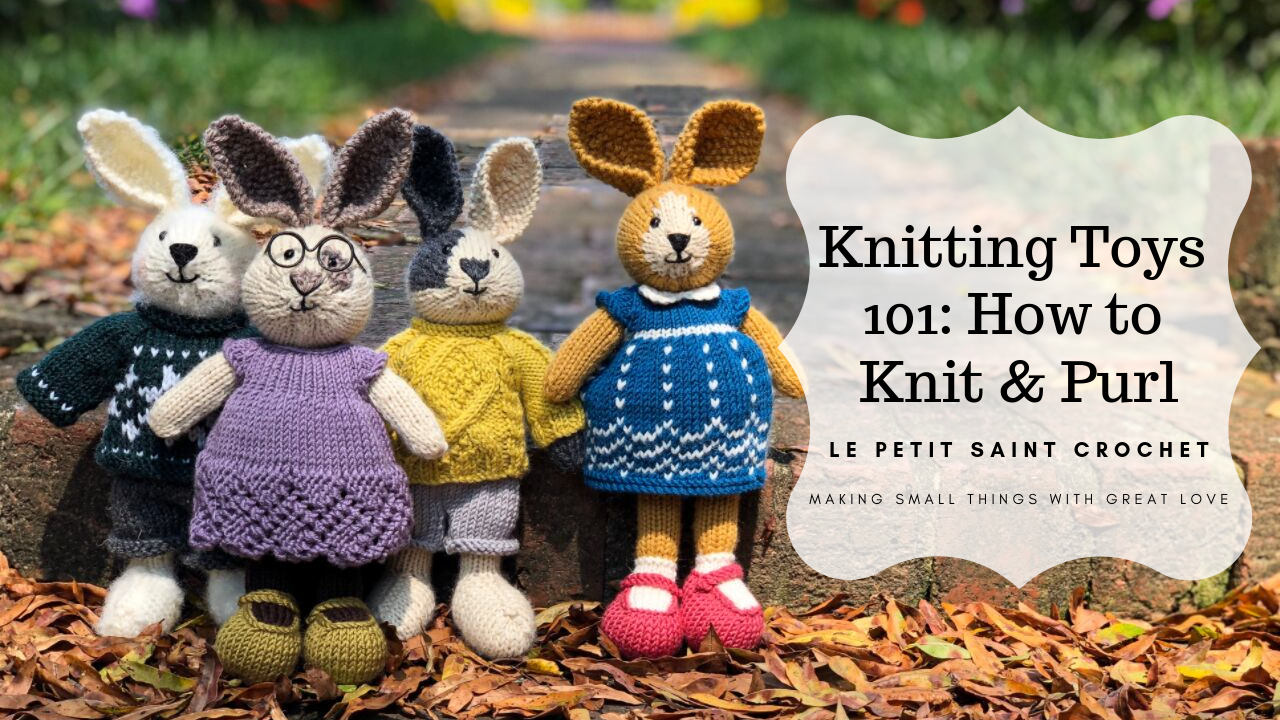
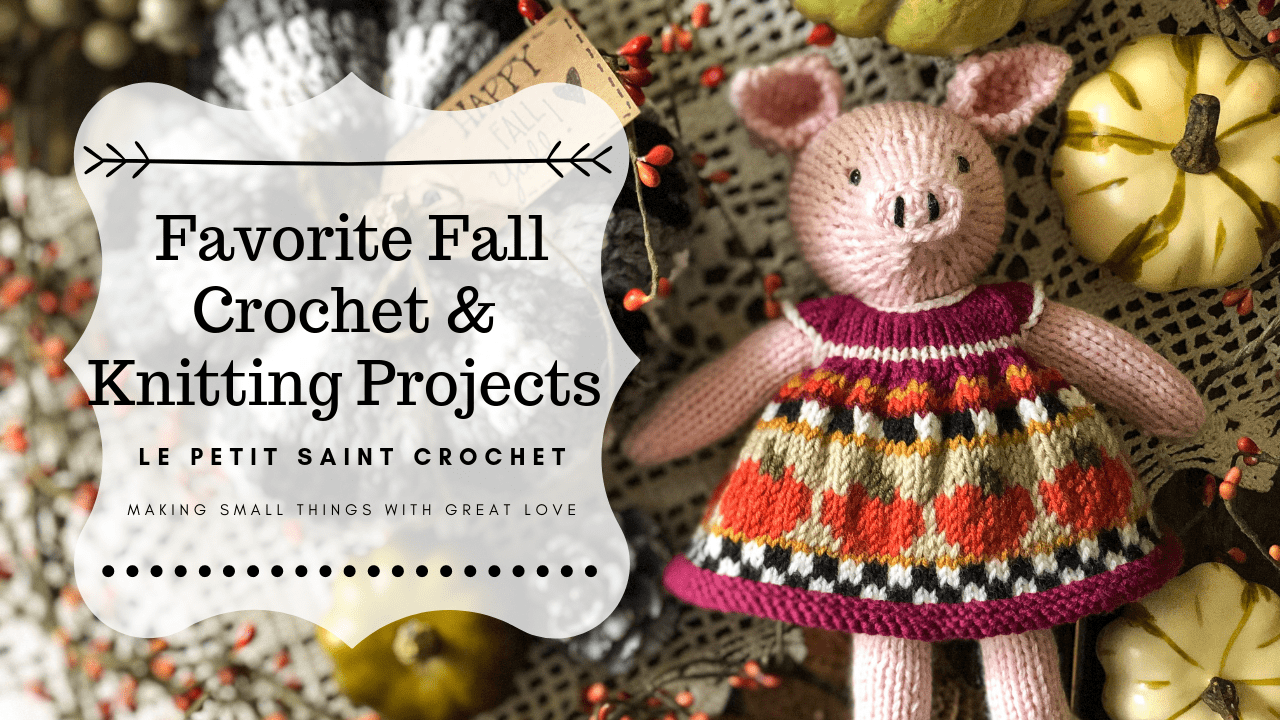
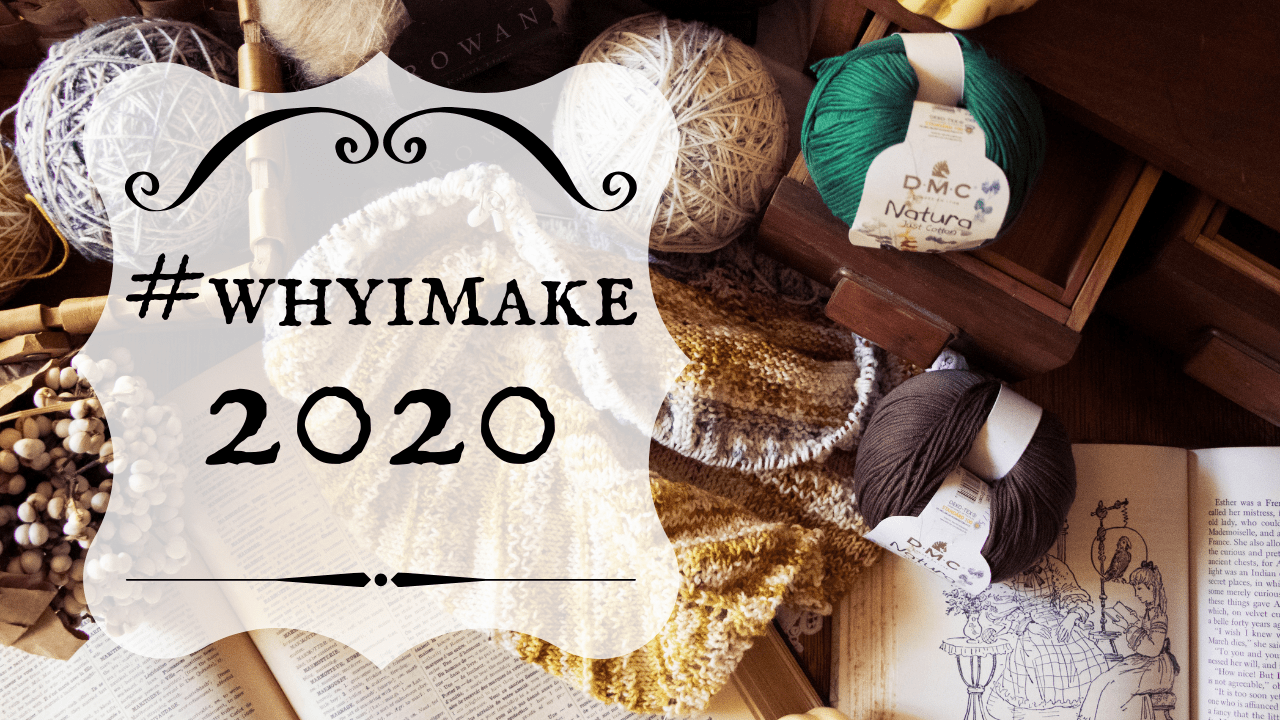
oooh thanks for the tutorial! I’m still only a beginner knitter, and shy away from anything too complicated but you might have given me the courage to try a cable pattern in doll size!
Yes!!! It really isn’t complicated at all. If you can knit and purl then you can make cables! 😘😘😘
I’m so excited to learn how to make cables this year! This is very helpful. I’ll come back and make a swatch when I’m free of my current distractions. 😉
Haha! Yes, do it distraction free!! I literally cried when I had to rip it all out for the second time. Once I sequestered myself into my craft room I had no issues!
No distractions….oh dear! I may not be able to do this for another 18 years or so! I adore the way it looks though! I would have cried too if I had to start over…twice!
Your instructions/tips are so clear that even a non-knitter like myself gains confidence. And Ferguson dressed all so cute in red/white/blue is too adorable!
Thanks so much, Jenny! Glad it made sense! ðŸ°ðŸ°ðŸ°
Such perfectly basic information! Pinning this!
Thanks so very much! Glad you found it helpful! ðŸ°ðŸ°ðŸ°
I love your work and thanks for this great tutorial. May i ask, which yarn do you use for the bunnies and the deer?
Thanks,
Nicole
Thanks so much! Absolutely! I use this for the bodies: https://www.lovecrafts.com/en-us/p/berroco-vintage?utm_medium=affiliate&a_aid=78bd585e and this for the clothing: https://www.lovecrafts.com/en-us/p/debbie-bliss-baby-cashmerino?utm_medium=affiliate&a_aid=78bd585e
So sorry it has taken me so long to get back to you! This is the yarn I use for the bodies of the bunny and deer: https://www.lovecrafts.com/en-us/p/berroco-vintage?utm_medium=affiliate&a_aid=78bd585e . and this is what I use for their clothing: https://www.lovecrafts.com/en-us/p/debbie-bliss-baby-cashmerino?utm_medium=affiliate&a_aid=78bd585e Hope that helps!
Thank you for this post. I need to be brave again and try kniting again.
You are so welcome! I hope you do try it again! It’s such a wonderful hobby!
I’ve always been scared of cables! Thanks for showing me it’s really not that hard, lol.
Cables aren’t scary at all! Quite simple when you break it down into steps and aren’t distracted, lol!
Is that the Fergunson that went to a new home? He is adorable. Your’re so talented!
Yes it is! He should be getting to sunny California very soon! ðŸ°ðŸ°ðŸ°ðŸ° and thank you so much, Jersey!
I love everything you do! I also look forward to learning to knit someday!
It’s such a wonderful hobby!
I love your work! I will be pinning this. Thanks!
Thanks so very much!
I adore Ferguson’s little ruby cable knit sweater. He looks downright smart. One day I’ll knit cables, but first I want to learn how to sew!
Sewing is something that was always soooo hard for me!!